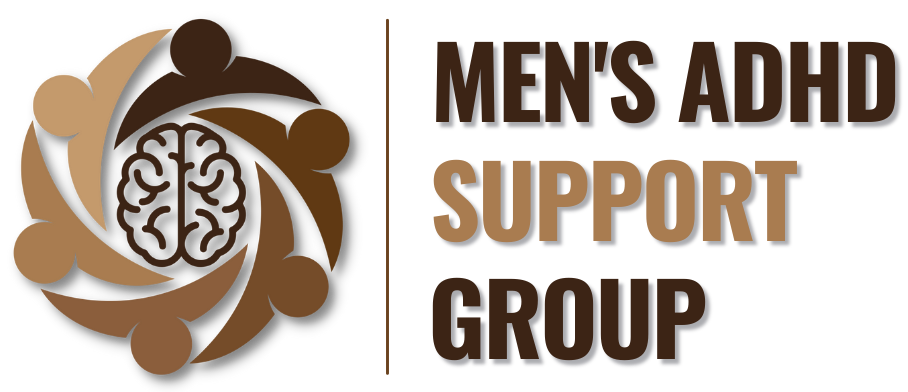Imposter Syndrome and ADHD
What is Imposter Syndrome?
Many people deal with Imposter Syndrome, and it’s rooted in many of the same things; constant negativity, criticism, shame, fear, and unrealistic expectations made by those around us. Sometimes the negativity comes from within ourselves because, in our own minds, we do not meet our own expectations. We also tend to unfairly compare ourselves to others we feel are more successful than us, either in our own lives or in the media.
However, for a lot of neurodivergent people, it tends to be a lot worse. When this constant negativity is combined with how our brains’ self-awareness/meta-cognition centers function, it causes us to deal with extreme levels of pain and trauma, resulting in an ongoing feeling of Imposter Syndrome.
When you have ADHD, the meta-cognition sections of our brains develop differently in that they are wired to work primarily on external stimuli, so we lack a lot of awareness of who, what, how, when, and where we are. We tend to depend on external stimuli in order to gain an understanding of these things about ourselves and our environment.
Because of this, many of us with ADHD have experienced a lot of negativity in our childhoods stemming from our interactions with our parents, siblings, and other family members, teachers, and peers. In fact, the average 10-12-year-old neurodivergent child hears 20,000 more negative comments than neurotypical kids, mostly for things completely out of their control.
We are rarely taught that failure is OK, that mistakes are things to be learned from, and that these are the things that we have to do in order to find success. Instead, every mistake that we make is just another reason we perceive ourselves as failures.
This continues to happen as many of us get older and our spouses, professors, co-workers, bosses, and others may keep piling on the same type of negativity. Sometimes in ignorance, some believe that they are trying to help us, but many of us find ourselves in abusive situations and they maliciously used this negativity against us.
Because of how our brain processes external stimuli and learns from them, that is where we gain an understanding of who/how we are. If we have experienced all of this negative feedback, then we may live in a constant state of believing that we are failures, that we are burdens, and that we do not deserve support. These feelings constantly drive us to reach for a perfection that doesn’t exist.
This skewed perception becomes how we view ourselves through the lens of all of those experiences. We begin to dread every mistake that we are going to make, because we expect ourselves to make plenty, and this reinforces our feeling of being failures.
For many, this turns into generalized anxiety, and some deal with other types of anxieties. Some may develop depression from the constant feeling of negativity. Our lifetime of shame can bring several other mental health problems about from the abuse. It causes us to constantly dread whatever is going to happen next because we live in a constant state of fearing failure, that the other shoe is going to drop, because in our experience, that’s what always seems to happen.
Are you tired of dealing with Imposter Syndrome? Check out this blog on How to Fight Back Against Imposter Syndrome with Community.
Shane Thrapp is a Certified ADHD Life, Relationship, and Career Coach.
Through his business, Creating Order From Chaos, he has helped hundreds of people find their paths through the chaos of life with ADHD and find their order and purpose.
He is also the Operations Director for our nonprofit Men’s ADHD Support Group, a board member for the Inattentive ADHD Coalition, and a public speaker who works to be a voice in advocacy for adult ADHD awareness.
If you want to help support our efforts, then please consider donating so that that we can keep Inspiring, Educating, and Empowering men to thrive with their ADHD.

